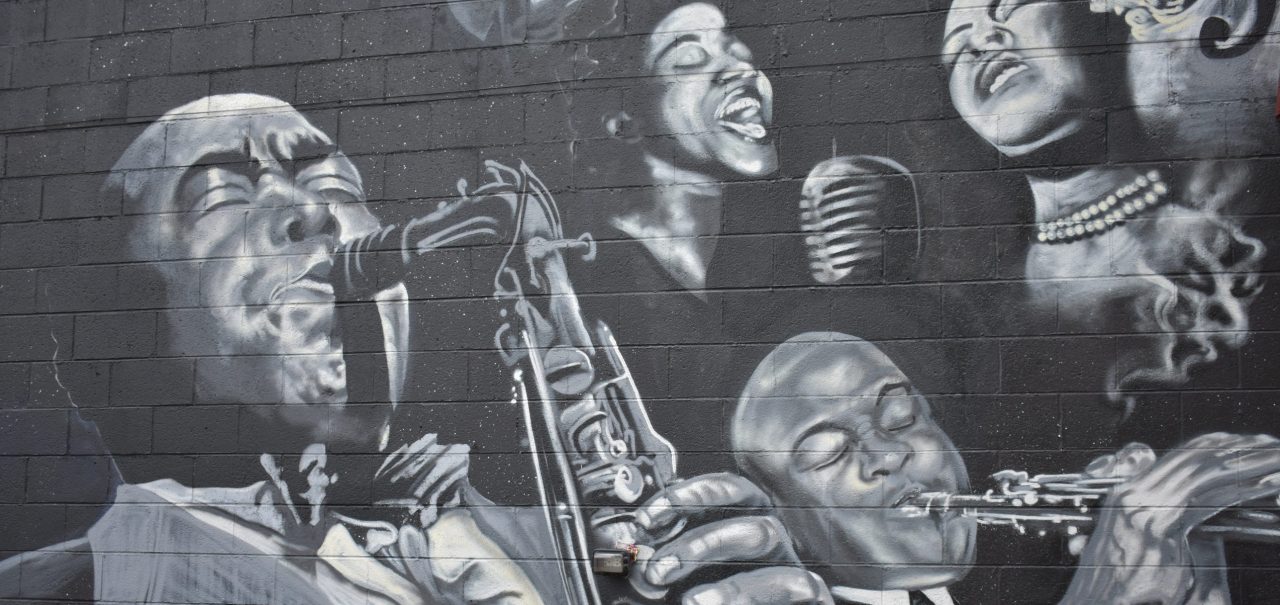The revered African-American composer Olly Wilson expressed the simple yet haunting truth that “Music is human experience, transformed.” It is obvious that African-American music has had an indelible impact, not only in the United States but throughout the world. Yet the full implications of Wilson’s truth are not always understood.
The goal of our Lab is to infuse undergraduate and graduate education at Duke with a robust awareness of the possibilities. Based in the Department of Music, and in close conversation with the Departments of African & African American Studies and Art, Art History & Visual Studies, and the Program in Dance, we will pose a series of questions for engagement with faculty, graduate students, and undergraduate students:
- What Black expression has been elevated, promoted, and consumed most significantly throughout the history of America’s cultural evolution, and why?
- Conversely, are there underrepresented works of Black sonic art that could better serve society with broader exposure?
- What are the socio-political consequences of the tensions inherent in a history of lionizing European Classical figures while denying a more significant presence of music from a Black Music pantheon?
- How would a candid, round table conversation on the future of Black Music look if it included leaders from the often-separated “production houses” of Black Folk, Blues, Jazz, Gospel, RnB, Hip-Hop, Concert Music, and Academic Music?
- Is it possible to imagine “best practices” of cultural curation for such an influential phenomenon, or is the customer always right?
Over the course of two years we plan a series of discussions, performances, and curricular innovations aimed at updating our approach to integrating more Black music into our teaching norms.
